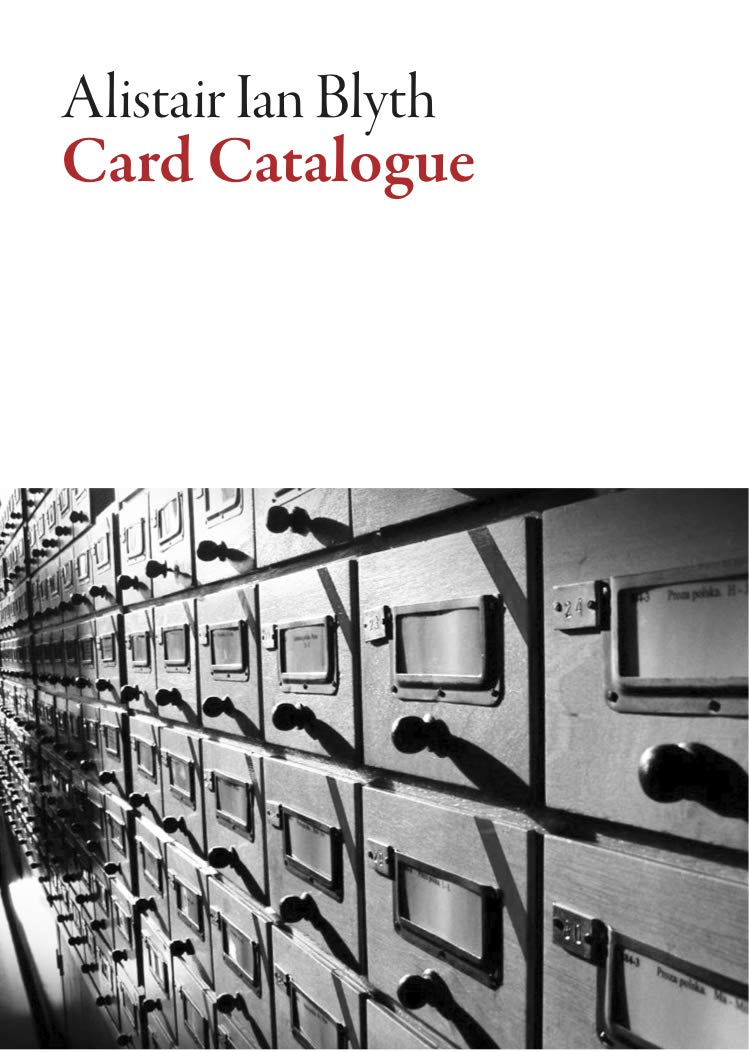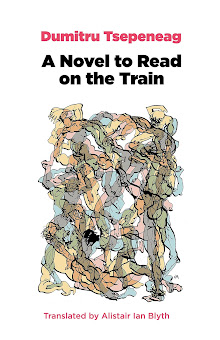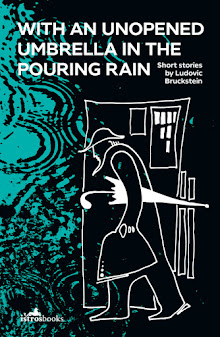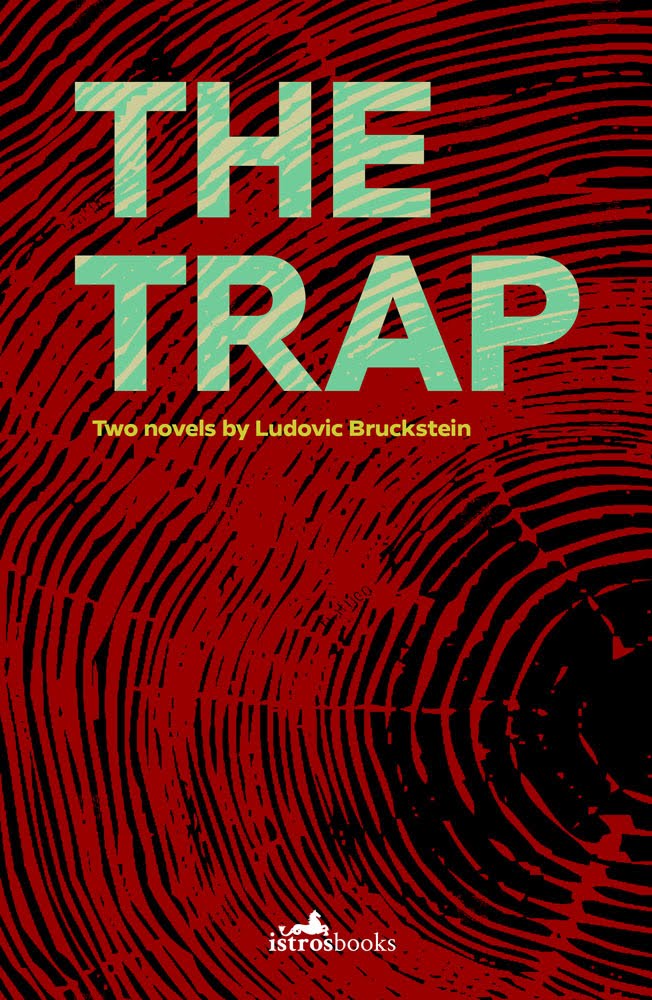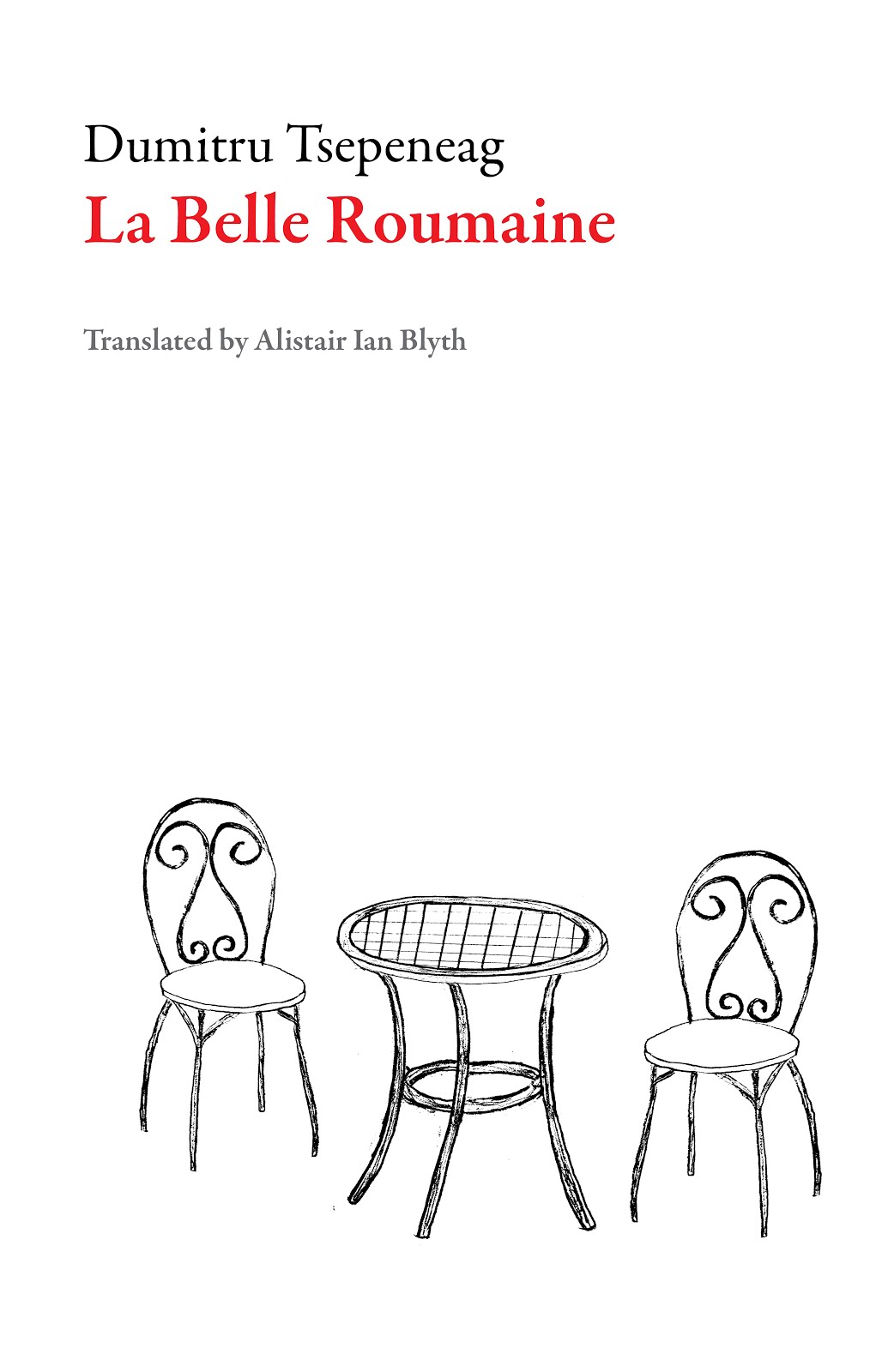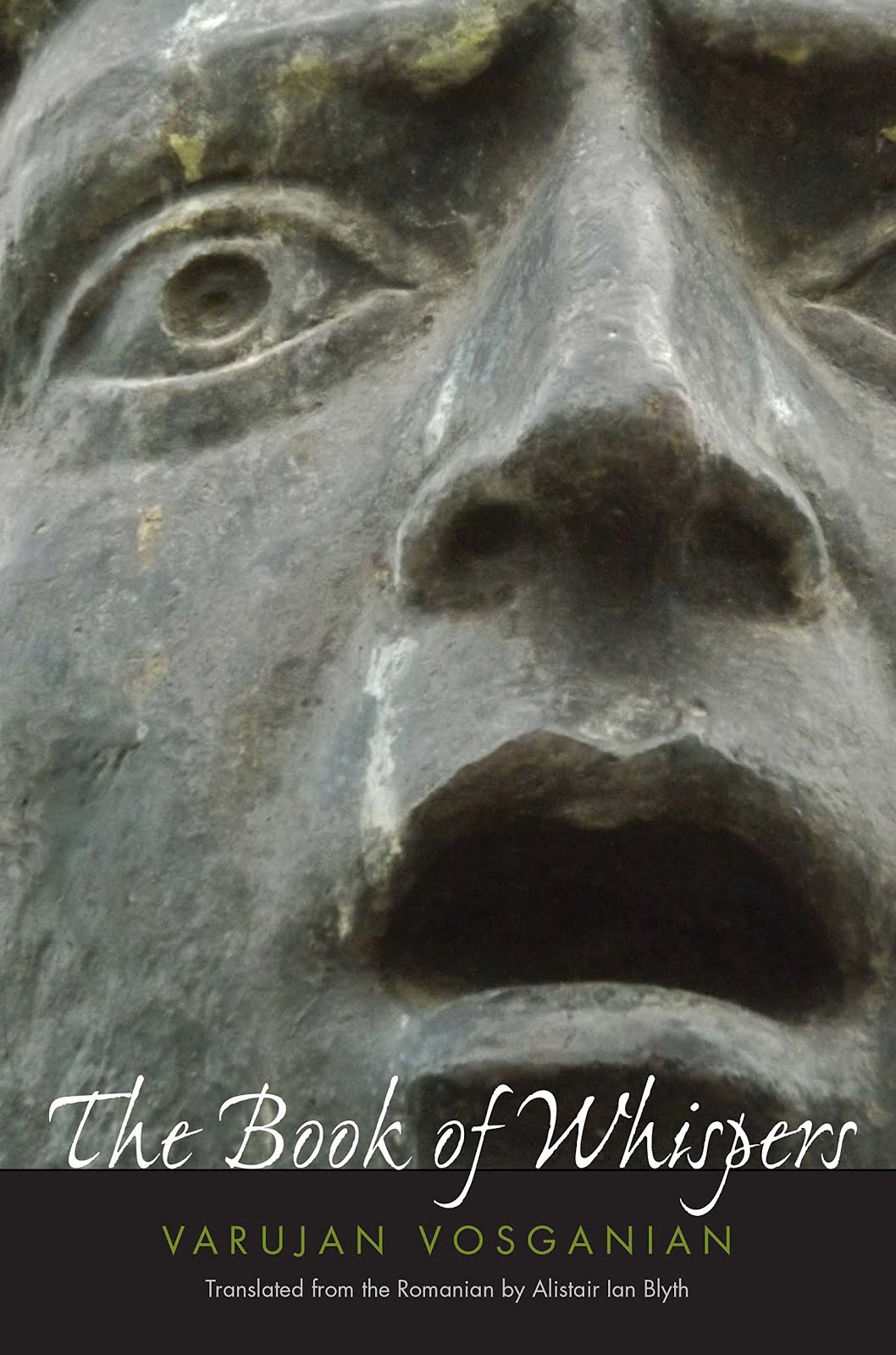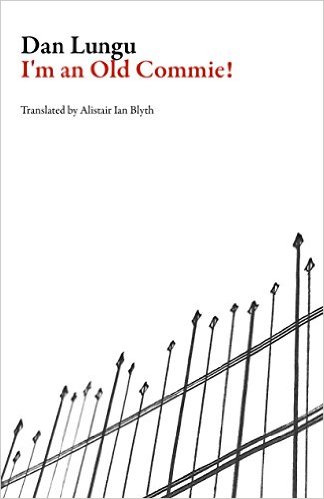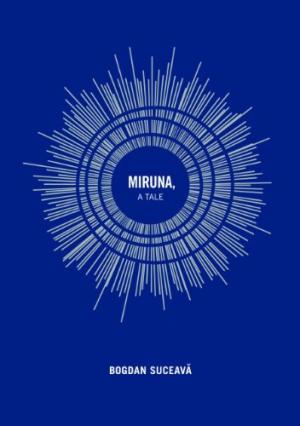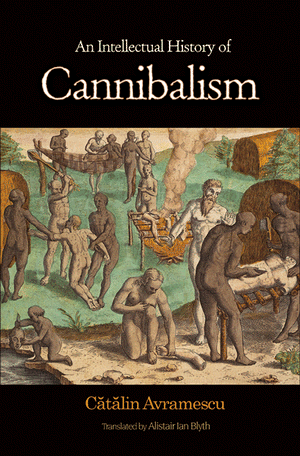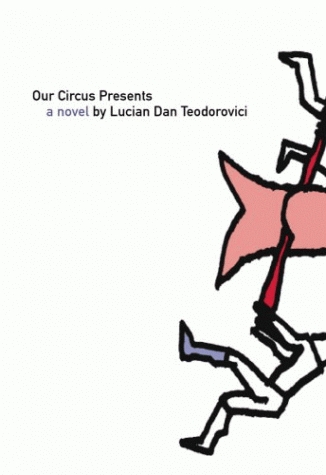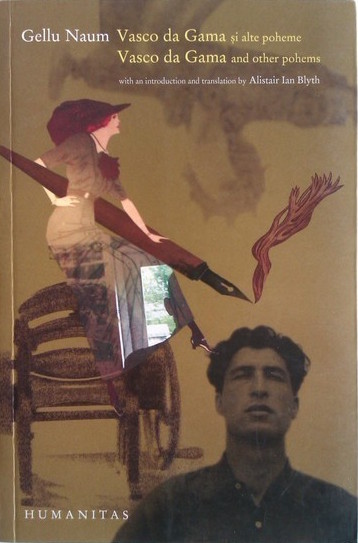26 February 2024
Parasitic worlds within worlds (2)
Parasitic worlds within worlds (1)
Sollte nicht eine Naturmythologie möglich sein? — Mythologie hier in meinem Sinn, als freie poetische Erfindung, die die Wirklichkeit sehr mannigfach symbolisiert.
Genialische, edle, divinatorische, wundertätige, kluge, dumme usw. Pflanzen, Tiere, Steine, Elemente usw. — Unendliche Invididualität dieser Wesen, — ihr musikalischer und Individualsinn — ihr Charakter — ihre Neigungen usw. Es sind vergangene geschichtliche Wesen.
Wir leben eigentlich in einem Tiere als parasitische Tiere. Die Konstitution dieses Tiers bestimmt die unsrige, et vice versa. Die Bedingungsverhältniße der atmosphärischen Bestandteile sind vielleicht sehr mit den Bedingungverhältnißen derselben Bestandteile im organischen Körper übereinstimmend.
— Novalis
Why should a nature mythology not be possible? — I here take mythology to mean free poetic invention, which symbolises reality in a highly multifarious way.
Ingenious, noble, divinatory, miraculous, stupid etc. Plants, animals, stones, elements etc. — endless individuality of such beings — their musical and individual meaning — their character — their tendencies etc. They are past historical beings.
In actual fact we live as parasitic animals within another animal. This animal's constitution determines ours, and vice versa. The interdependent relations between the constitutive parts of the atmosphere are perhaps highly congruent with the interdependent relations of the same constitutive parts in the organic body.




